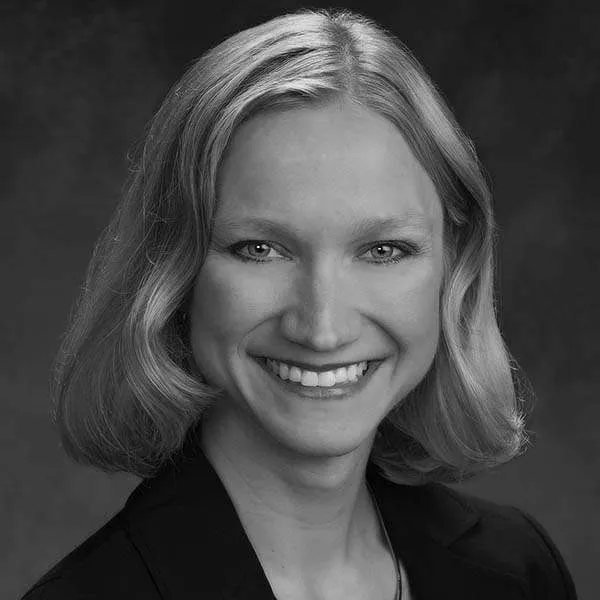LAWRENCE — Two University of Kansas experts are available to discuss Thursday’s 6-3 U.S. Supreme Court decision allowing the Obama administration to continue to subsidize health-insurance purchases by lower-income Americans, a key provision of the Affordable Care Act.
The ruling in King v. Burwell is the second major high court decision that upheld a key centerpiece of the 2010 law, which is the largest regulatory overhaul of the U.S. health care system since the creation of Medicare and Medicaid in the 1960s. The key majority opinion allows individuals who get their health insurance through an exchange established by the federal government, instead of individual states, to continue to be eligible for tax subsidies.
According to national news reports, at least 34 states had not set up their own health care exchanges under the law, leaving residents under the law to use the federal marketplace.
Patrick Miller, assistant professor of political science, can address the national ramifications of the ruling. Miller’s broad research interests include national politics and attitudes of partisanship.
Miller said the decision is significant politically in several ways. It keeps the status quo for 6.4 million Americans in those 34 states who are currently purchasing health insurance plans through the federal marketplace. A ruling the other way would have substantially increased their premiums, he said.
“These individuals are largely what we call the ‘working poor,’ specifically middle-class to lower-income people who don’t get health care through their employers and who don’t make enough money to afford health insurance on their own but make too much to qualify for Medicaid,” he said.
Miller said the second major ruling upholding the law has ensured its broad effect on the health care system and makes it more difficult for Republicans to repeal the ACA should the party regain the White House in the 2016 election.
“The president’s legacy, whatever it turns out to be, will rest in large part on Obamacare now,” Miller said.
However, Miller added that if the Supreme Court found the subsidies unconstitutional, it could have created a political conundrum for the GOP because Congress would have faced the dilemma of millions of Americans losing their health insurance. Congressional Republicans have been heavily critical of the law that passed under the Democratic majority, and in two subsequent elections the GOP regained the House and Senate.
“Now with full congressional control, Republicans would have been forced to either produce an alternative finally or leave millions of Americans to lose their health care,” Miller said. “Now Republicans can just continue under the status quo.”
To arrange an interview with Miller, contact George Diepenbrock at [email protected] or 785-864-8853.
Richard Levy, the J.B. Smith Distinguished Professor of Constitutional Law at the University of Kansas, is available to speak with media about the ruling, what it means for states — both with and without exchanges — and how it relates to states’ decisions whether to expand Medicare, the Affordable Care Act and related topics.
Levy speaks frequently with media on constitutional topics and cases, such as school finance litigation, abortion rights and other controversial decisions. He joined the KU Law faculty in 1985, having received his law degree with honors from the University of Chicago Law School. Before joining the faculty, he served as a clerk for Judge Richard Posner of the U.S. Court of Appeals Seventh Circuit. In teaching and research, he has focused on constitutional law, administrative law and government institutions. Levy is a prolific scholar who was named a Postlethwaite Research Fellow, 1996-1999, and was named the inaugural J.B. Smith Distinguished Professor of Constitutional Law in 2007.
To schedule an interview with Levy, contact Mike Krings at 785-864-8860 or [email protected].




